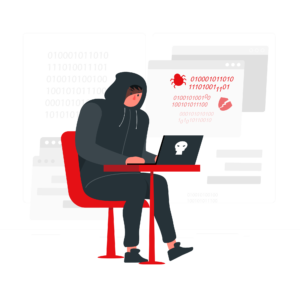What We Do For
Copyright Protection For You
Who is a copyright owner?
A copyright owner is anyone who creates an original work and fixes it in a tangible form, such as taking a photograph, writing a poem or blog, or recording a new song. In such instances, the creator becomes both the author and the owner of the copyright.
Moreover, companies, organizations, and other individuals besides the work’s creator can also hold copyright ownership. Copyright law recognizes ownership through “works made for hire,” which stipulates that works created by an employee within the scope of their employment belong to the employer. This doctrine extends to certain independent contractor arrangements and specific types of commissioned works.
Additionally, copyright ownership can arise from contracts like assignments or through other forms of transfer such as wills and bequests.
How long does copyright protection last?
The duration of copyright protection varies depending on the date of creation of the work. Under current law, works created on or after January 1, 1978, are protected for the life of the author plus seventy years after the author’s death. For joint works, the protection lasts for seventy years after the death of the last surviving author. In the case of works made for hire and anonymous or pseudonymous works, copyright protection extends for 95 years from publication or 120 years from creation, whichever is shorter.
Works created before 1978 follow a different timeframe. More information about the duration of copyright can be found in our “Duration of Copyrights Circular.”
What is copyright registration?
Copyright registration is the process of formally recording a copyright claim with the Copyright Office. While copyright protection automatically applies to original works of authorship once they are fixed in a tangible form, registering a work provides additional legal benefits and protections.
Although copyright registration is not mandatory, it is essential for enforcing the exclusive rights of copyright through litigation in the United States. Timely registration enables copyright owners to pursue certain types of monetary damages and attorney fees in case of legal disputes, and it establishes a presumption that the information on the registration certificate is accurate.
Moreover, copyright registration serves the public interest by facilitating the licensing marketplace, enabling individuals to locate copyright ownership information, and providing notice to the public that someone is claiming copyright protection for a particular work. Additionally, it creates a historical record of the creative endeavors within the nation.
Protection of Intellectual Property
Financial Incentive for Creators
Encouragement of Innovation
Frequently Asked Questions
There are No Stupid Questions, Ask Away, We’re All Ears
Copyright protection is a legal right granted to creators of original works, such as literary, artistic, musical, or dramatic works, to control how their work is used and distributed.
Copyright protection applies to various types of creative works, including books, articles, poems, songs, photographs, paintings, sculptures, movies, software, and architectural designs.
Copyright protection grants creators exclusive rights to reproduce, distribute, perform, display, and modify their works. It also allows creators to authorize or prohibit others from using their works without permission.
Copyright protection is automatic upon the creation of an original work in a fixed form. In some jurisdictions, creators may choose to register their works with a copyright office to obtain additional benefits, such as the ability to file copyright infringement lawsuits.
Copyright protection typically lasts for the life of the author plus an additional term, which varies depending on the jurisdiction and the type of work. In many countries, copyright protection lasts for the author’s life plus 70 years.
Copyright infringement occurs when someone uses, copies, distributes, performs, or displays a copyrighted work without permission from the copyright owner, violating the exclusive rights granted by copyright law.
Creators can enforce their copyright protection by sending cease and desist letters to infringers, filing copyright infringement lawsuits in court, seeking damages for the harm caused by infringement, and taking other legal measures to protect their rights.
Yes, copyright law includes certain exceptions and limitations, such as fair use (in the United States) or fair dealing (in other countries), which allow limited use of copyrighted works for purposes such as criticism, commentary, news reporting, teaching, and research.
Consequences of copyright infringement can include legal action, such as injunctions, damages, and court costs, as well as reputational damage, loss of business opportunities, and seizure of infringing copies or assets.
Creators can take proactive steps to prevent copyright infringement by clearly marking their works with copyright notices, licensing their works to users under specific terms and conditions, monitoring for unauthorized use of their works, and taking prompt action to address infringement when it occurs.
Benefits
What rights does copyright provide?
Copyright law provides copyright owners with the following exclusive rights:
- Reproduce the work in copies or phonorecords.
- Prepare derivative works based upon the work.
- Distribute copies or phonorecords of the work to the public by sale or other transfer of ownership or by rental, lease, or lending.
- Perform the work publicly if it is a literary, musical, dramatic, or choreographic work; a pantomime; or a motion picture or other audiovisual work.
- Display the work publicly if it is a literary, musical, dramatic, or choreographic work
- Perform the work publicly by means of a digital audio transmission if the work is a sound recording.

- Enquire Now For copyright Protection
Services
We offer

Our team of IP lawyers provides a comprehensive solution to address objections related to trademarks, copyrights, patents, or designs. These objections can arise due to various reasons, including ownership issues, lack of novelty, existence of similar intellectual property, and functional aspects. We understand the complexities of intellectual property law and conduct thorough research to identify the specific reasons for the objection in your case.
- Trademark search and analysis
- Copyright discrepancy clearance
- Responding to patent office first examination report
- Design search and analysis
Copyright 2023 by The Owl Eye Solutions. All Right Reserved

